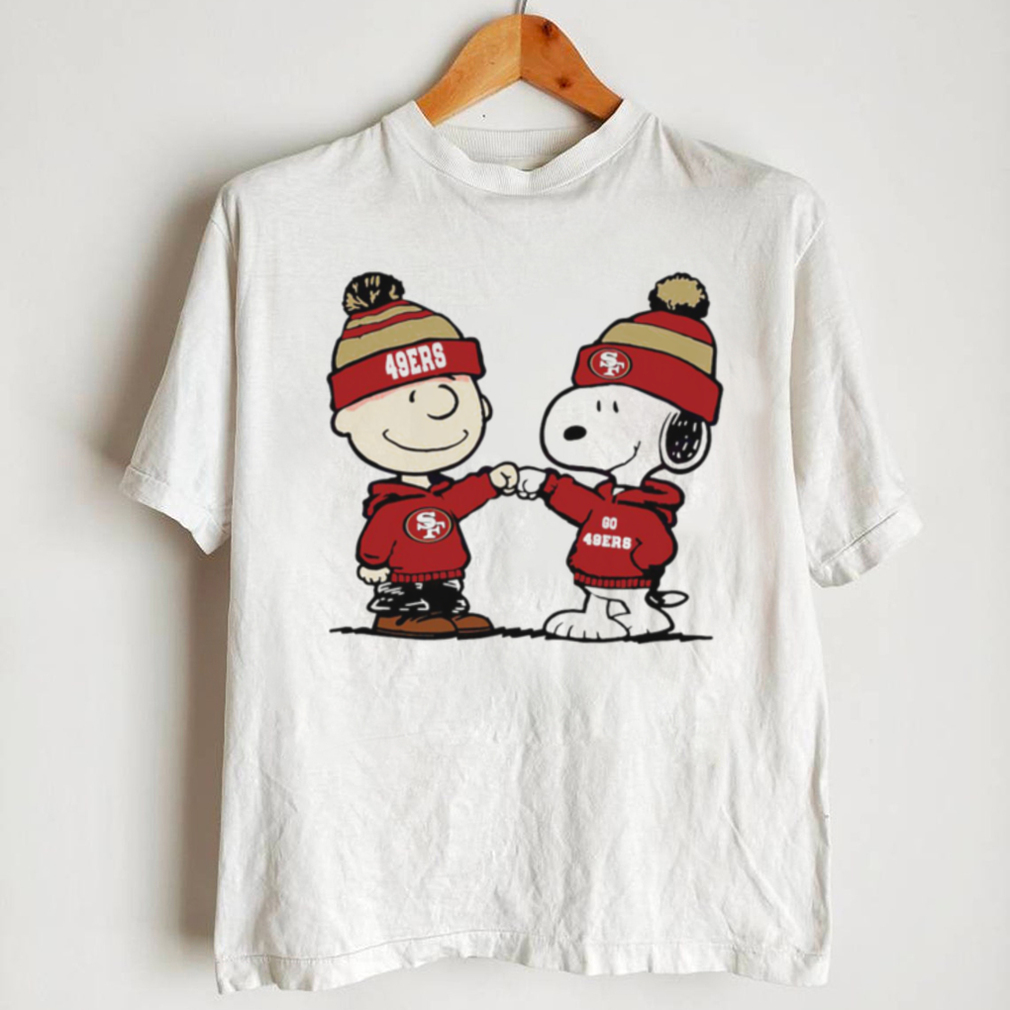“Jesus and George Washington: It’s Like They Didn’t Listen At All Bro Same Shirt” – A Commentary on Foundational Principles
The “Jesus and George Washington It’s like they didn’t listen at all bro same shirt” is a provocative and thought-provoking piece of apparel that uses humor and contemporary slang to make a serious commentary on the perceived deviation from foundational principles. This **shirt** juxtaposes two profoundly influential figures, **Jesus** and **George Washington**, both widely regarded as moral and ideological cornerstones, with the colloquial phrase, “**It’s like they didn’t listen at all bro**,” followed by “**same**.” This suggests a shared frustration or disappointment that their core teachings or ideals have been overlooked or misinterpreted in modern times. The prominent entities are **Jesus** (a central figure in Christianity, representing moral and spiritual teachings) and **George Washington** (the first U.S. President, embodying the foundational principles of the American republic). Semantic keywords include “Jesus and Washington shirt,” “founding principles shirt,” “Christian political commentary,” “American ideals,” “moral decline shirt,” “historical commentary,” “faith and freedom,” and “bro shirt.” The unique attribute of this shirt is its bold, almost sarcastic, claim that modern society has failed to heed the wisdom of these historical figures, creating a viral trigger for discussion and reflection on societal values. This **T-shirt** is perfect for individuals who are critical of contemporary societal trends, appreciate historical and spiritual commentary, or simply enjoy politically charged and humorous apparel. But what were the core messages of **Jesus** and **George Washington**, how are their teachings perceived to be “unheeded” today, and why does this shirt resonate with those who feel a disconnect between historical ideals and present-day realities?
—
Jesus: The Unheeded Moral Compass
**Jesus of Nazareth**, the central figure of Christianity, is revered for his radical teachings on love, compassion, forgiveness, and selflessness, as documented in the Gospels of the New Testament (Source: Bible Gateway, Stanford Encyclopedia of Philosophy). His Sermon on the Mount, with its emphasis on humility, peacemaking, and prioritizing spiritual over material wealth, continues to be a profound moral and ethical guide for billions worldwide. The phrase “**It’s like they didn’t listen at all bro**” when applied to **Jesus** suggests a societal departure from these core principles, perhaps pointing to issues like materialism, conflict, or a lack of empathy in contemporary culture. This unique attribute – the perceived gap between spiritual ideals and real-world behavior – creates a powerful, if sarcastic, commentary. My personal commentary: It’s striking how many of Jesus’s teachings feel as relevant today as they did two millennia ago, yet how often they seem to be overlooked in the daily clamor. If you like to zoom in this way, you can almost hear the quiet wisdom emanating from the cartoon depiction.
—
George Washington: The Unacknowledged Architect of American Virtues
**George Washington**, the commander of the Continental Army during the American Revolutionary War and the first President of the United States, is often considered the “Father of His Country.” His Farewell Address, delivered in 1796, is a seminal document warning against political factions, excessive debt, and foreign entanglements, while emphasizing the importance of religion, morality, and public virtue for the preservation of the republic (Source: National Archives, Mount Vernon). The inclusion of **Washington** on this **shirt** alongside **Jesus** implies a similar lament: that the fundamental principles he championed for the nascent United States – unity, civic virtue, cautious foreign policy – have been disregarded. This unique attribute of aligning both spiritual and political foundational figures underscores a broader critique of societal direction. The “bro same” part adds a contemporary, relatable layer of shared frustration. For a different type of shirt expressing regional identity, consider the “Straight Outta Benton Harbor shirt.”
—
The “Didn’t Listen” Commentary: A Viral Trigger for Societal Reflection
The phrase “**It’s like they didn’t listen at all bro, same**” is a highly effective viral trigger because it taps into a widespread sentiment of disillusionment and frustration with the current state of affairs, be it political, social, or moral. It’s an emotional risk for some, as it boldly questions societal norms and suggests a failure to uphold revered ideals. This modern, casual language applied to such historical figures creates a surprising contrast that grabs attention and encourages shared recognition (“same”). The shirt suggests a collective sigh of exasperation that despite the wisdom and principles laid out by figures like **Jesus** and **George Washington**, humanity consistently falls short or deliberately ignores these lessons. Here’s the part they didn’t tell you: this sentiment often sparks vital conversations about accountability, the erosion of values, and what it truly means to build a just and ethical society. It encourages individuals to reflect on whether their own actions align with the principles these figures espoused, making the **shirt** a catalyst for personal and societal introspection.
Follow-up Questions:
- What specific modern societal issues or trends do you think the phrase “**It’s like they didn’t listen at all bro**” is most directly referencing in relation to **Jesus** and **George Washington**?
- How does the use of contemporary slang like “bro” and “same” impact the overall message and audience reception of this historically and spiritually charged **shirt**?
- What are some core principles that **Jesus** and **George Washington** both emphasized, which might be seen as particularly relevant to today’s challenges?
- If **Jesus** and **George Washington** were alive today, what specific advice or warnings do you think they would issue to modern society?
- How does clothing with bold, socially critical statements, like this **shirt**, contribute to public discourse and encourage reflection on cultural values?








































